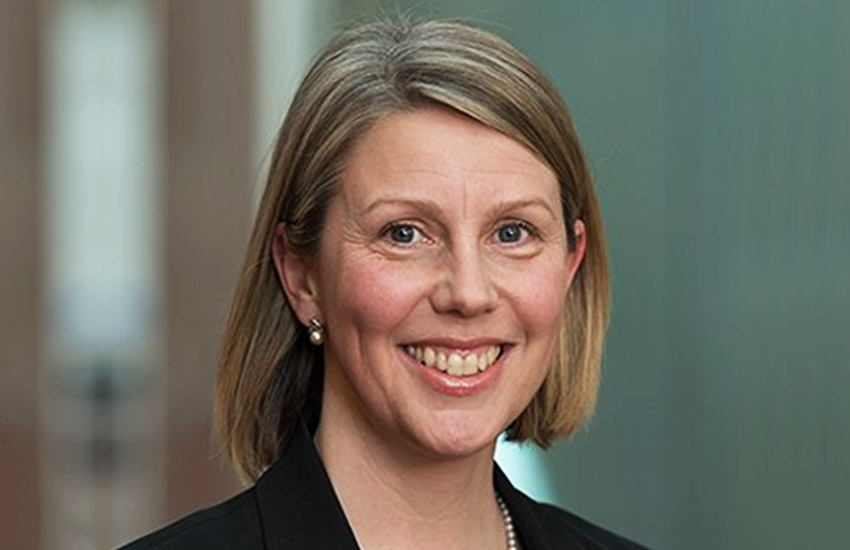The resumption of its business as usual work programs, which includes engaging with taxpayers who have outstanding payment or lodgement obligations, comes after the Tax Office hit pause on its traditional compliance activities earlier this year in light of the pandemic.
ATO deputy commissioner Deborah Jenkins said that while the agency was committed to continuing to support the small-business community through the COVID-19 crisis and in the aftermath, it was time to address certain compliance risks.
You’re out of free articles for this month
“We have now started commencing new audit work but are very aware that we need to sensitively balance the ongoing impacts with our role as a revenue authority,” Ms Jenkins said at Chartered Accountants Australia and New Zealand’s tax planning day.
“I want to emphasise that we will continue to be empathetic to each client’s situation and provide additional time if they need it.
“Because it is hard for us to identify who is still impacted, we need to return to a normal setting for our work program.
“We know we need to provide the right help at this time to ensure people understand their obligations and are steered in the right direction to address unintentional mistakes. But we also need to hold people to account who are intentionally doing the wrong thing.”
The ATO’s focus will home in on black or shadow economy behaviour, informed by its latest tax gap findings which found that 56 per cent of the $11.1 billion small-business tax gap was attributable to taxpayers deliberately avoiding paying the right tax.
While the ATO believes just 4 per cent of small-business taxpayers are participating in the black economy, over $5 billion is estimated to be missing due to the deliberate underreporting of business income and overclaiming of business deductions.
Ms Jenkins said that while traditional door knocks might be out of question at the moment, the ATO would be utilising different strategies to tackle the black economy, including targeting tax agents who facilitate such behaviour.
“For our shadow (or black) economy program more broadly, we are reconsidering the strategy as some of our previous approaches like visiting businesses in person are unlikely to be possible, at scale, in the coming year,” she said.
“We will continue to use a combination of review and audit programs, delivering help and education and building community awareness of our work to address the shadow economy — we will just need to do things a little differently.
“We are also applying agent-focused strategies to the black economy by taking the insights generated through our tax practitioner model and identifying agents with higher than normal levels of black economy risk in their client base.
“We have a range of strategies to engage with agents on this, from sharing risk profiles to help agents self-manage these risks, through to firmer tactics where we see intentional behaviour which ultimately could see agents removed from the system.”
Ms Jenkins’ comments come after the Tax Practitioners Board earlier revealed that it has set its sights on 1,000 high-risk tax agents and unregistered advisers in a bid to reduce the $31 billion tax gap.
The ATO’s latest annual report also revealed that it fell by $1.3 billion short of its $15 billion compliance revenue target for the year because of COVID-19.
Jotham Lian
AUTHOR
Jotham Lian is the editor of Accountants Daily, the leading source of breaking news, analysis and insight for Australian accounting professionals.
Before joining the team in 2017, Jotham wrote for a range of national mastheads including the Sydney Morning Herald, and Channel NewsAsia.
You can email Jotham at: This email address is being protected from spambots. You need JavaScript enabled to view it.

 Login
Login







